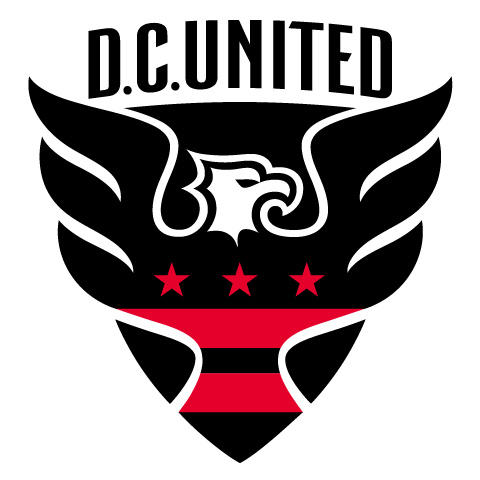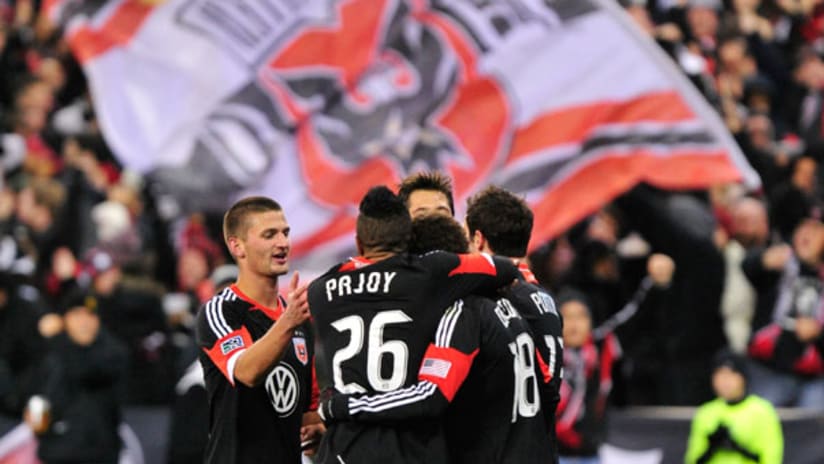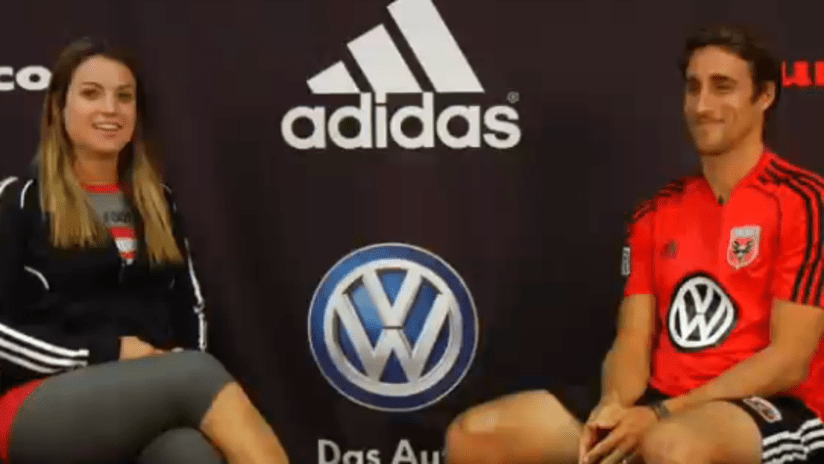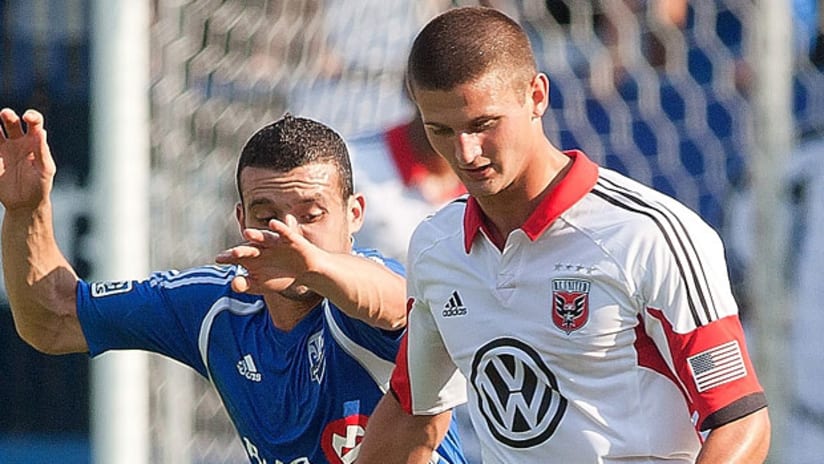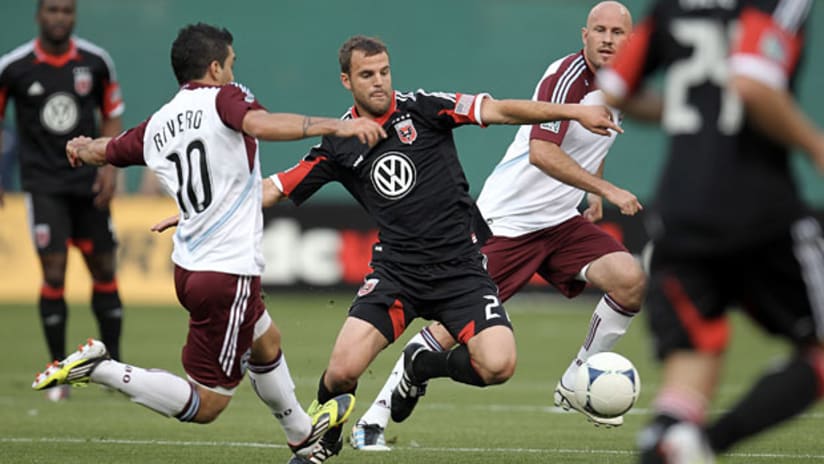After suffering a 3-1 loss against the Houston Dynamo at BBVA Compass Stadium last Sunday – D.C. United’s first defeat since September 1 – it’s do or die for United in Leg 2 of the Eastern Conference finals this Sunday, November 18 (4 p.m., NBC Sports Network). The rules are simple: win by three and advance outright. Or, win by two to force overtime, and possibly, penalty kicks.
With the chance to return to MLS Cup for the first time since 2004 on the line, and the opportunity to host it on December 1 so tantalizingly close, the Black-and-Red is sure to leave it all on the line come Sunday.
CONTINUE HOME EXCELLENCE
D.C. United has not lost a match at home in eight months, making RFK Stadium an ideal environment to overcome a two-goal deficit. The Black-and-Red fell 1-0 to Sporting Kansas City in its home opener on March 10, but that would prove to be its only blemish at RFK, going 12-0-5 at home (including playoffs) since. Furthermore, D.C. accumulated the most home points (40) during the regular season than any other team in the League.
Perhaps even more encouraging, United has claimed victory by a margin of two six times this season. Additionally, the squad can boast 15 multi-goal games to its name in 2012, including three four-goal matches and five three-goal games (one of which was against the Dynamo).
If D.C. can build upon its resume of success at home, then a Leg 2 comeback is sure to follow.
EXPLOIT HOUSTON’S ROAD VULNERABILITY
As strong as the Dynamo is at home, the team’s away record could not paint a more different picture. Of all playoff teams, Houston had the worst regular-season road record, a paltry 3-9-5. Moreover, two of the Dynamo’s three away wins came from last-place Eastern Conference club Toronto FC and last-place Western Conference side Chivas USA. Perhaps an indicator of the side’s road struggles, Houston possessed the second-worst away goal differential (-12) among playoff-bound teams at season’s end.
The Orange has marked difficulty playing away from the narrow pitch of BBVA Compass Stadium, and if United can pounce on this weakness, then a definitive “W” is in sight.
SCORE AT LEAST TWO GOALS (AND EARLY)
This may seem straightforward, but without two or more goals on the board, there is no MLS Cup conversation to be had. Of course the Black-and-Red need to win by at least two strikes to force overtime (and possibly penalty kicks), but the first step is putting the ball in the back of the net.
Luckily for D.C., the squad’s 37 goals at home are more than twice that of Houston’s 17 goals on the road. Advantage, United. Additionally, Houston has the tendency to buckle when its opposition opens the scoring account. During the regular season, the Dynamo was 1-9-2 when conceding first, the same winning percentage (.167) as League-worst Toronto FC.
Furthermore, 11 different players have tallied either a goal or an assist in the past 12 goals that United has scored. So, when Head Coach Ben Olsen or defender Brandon McDonald or midfielder Nick DeLeon talk about everyone contributing to the cause since captain Dwayne De Rosario went down, they mean it. And despite missing out on De Ro’s playmaking abilities, there has been no lack of goal-scoring opportunities during the squad’s post-season run. United has created seven “big chances” in the 2012 playoffs, tied for first with the LA Galaxy (via Opta).
If the Black-and-Red can continue wreaking havoc in the box and convert on these plays, then two (or more) goals should come in no time.
